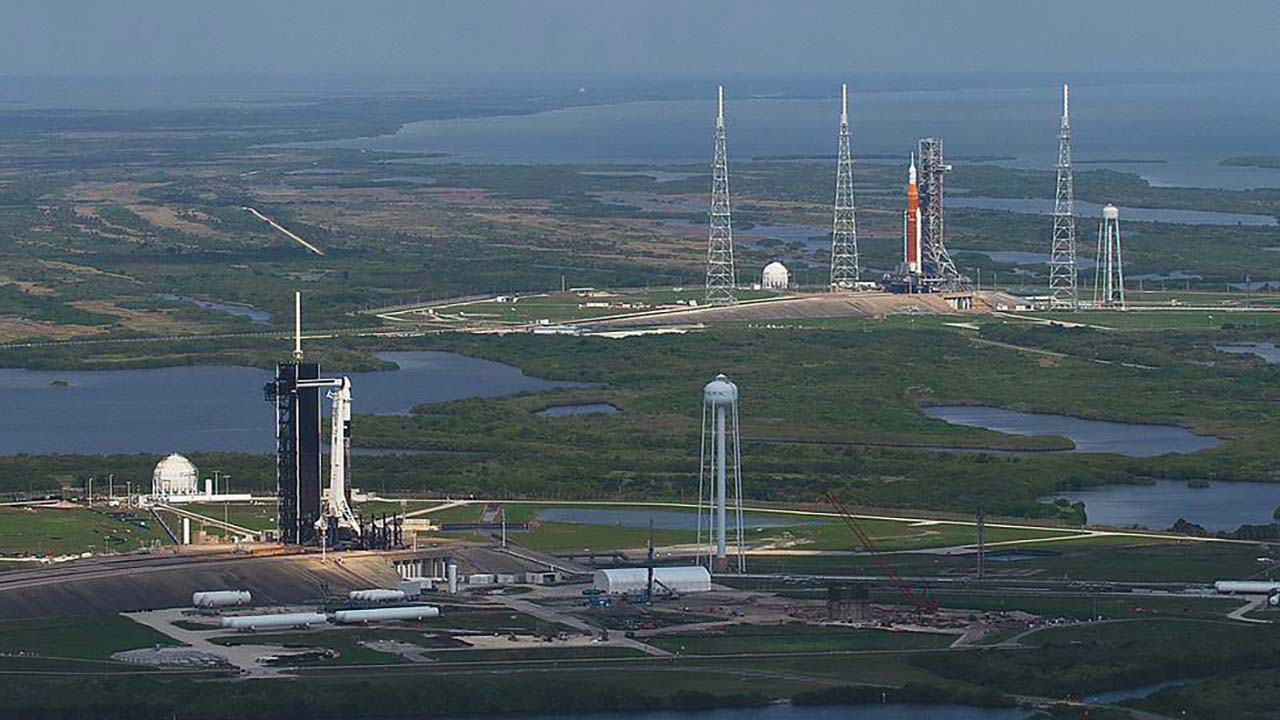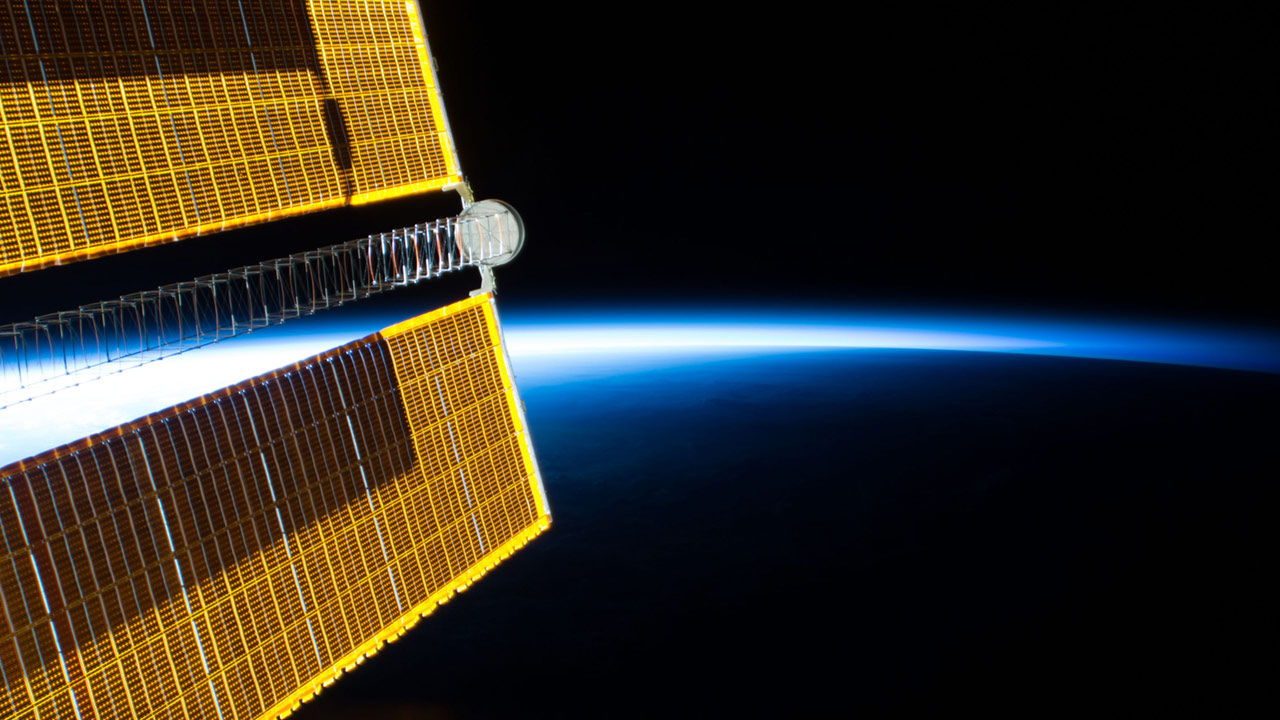The International Space Station (ISS) National Lab is a valuable platform for conducting research in space not only to benefit life on Earth but also to benefit the Earth itself. Check out some of the ways investigators from innovative companies and academia are leveraging the ISS National Lab for upcoming research projects with important applications in sustainability.
Smart roofing
A project by Eclipse Energy Systems aims to evaluate technology that could be used for smart roofing that switches from blocking heat in summer months to passing heat in winter months. The company’s variable emittance device is an electronically controlled electrochromic coating that switches in the infrared wavelength in a similar way that some eyewear switches from clear to tinted in the visible wavelength. Smart-roofing technology could be used to reduce energy consumption and costs associated with heating and cooling.
Carbon scrubbing
Removing carbon dioxide (CO2) is necessary to support life in closed environments such as passenger aircraft and submarines. A project by Honeywell will demonstrate a type of liquid-based CO2 removal system that uses a spray scrubber and “ionic liquids,” a new class of liquid CO2 absorbents recently identified by the company. Liquid-based CO2 removal systems, currently used on submarines, are reusable and energy efficient. Honeywell’s research could lead to wider applications of this technology, such as in commercial airliners, which could reduce the fuel usage, fuel costs, and carbon emissions of the aircraft. Ionic liquids also have potential applications in limiting the amount of CO2 released into the atmosphere from power plants.
Electronics cooling
Heat pipes are a type of heat transfer device routinely used for cooling electronic equipment, such as laptop computers. A project by the Rensselaer Polytechnic Institute will examine the gas-liquid interfaces of various organic mixtures used in heat pipes. Heat pipes use fluid to transfer heat, and an essential feature of these devices is that the fluid undergoes a phase change from liquid to vapor. The detailed motion of the liquid and vapor, and the motion and dynamics of the interface between the two phases, can strongly affect the performance of heat pipes and similar systems. Improving heat pipe function could result in substantial energy savings in energy transmission, manufacturing processes, and the operation of electronic devices.
Precision oil drilling
A project by the University of California, Santa Barbara seeks to improve the fundamental understanding of physical interactions between soil and sediment particles on Earth. This research is important for geologists and engineers who work with sediments on Earth’s surface in applications such as environmental and geological monitoring, carbon cycle modeling, the sequestration (or isolation) and mobilization of contaminants, and improved precision in deep-water hydrocarbon exploration. In microgravity, researchers can observe how particles cluster over long time scales without gravitational settling, which complicates measurements taken on Earth.








